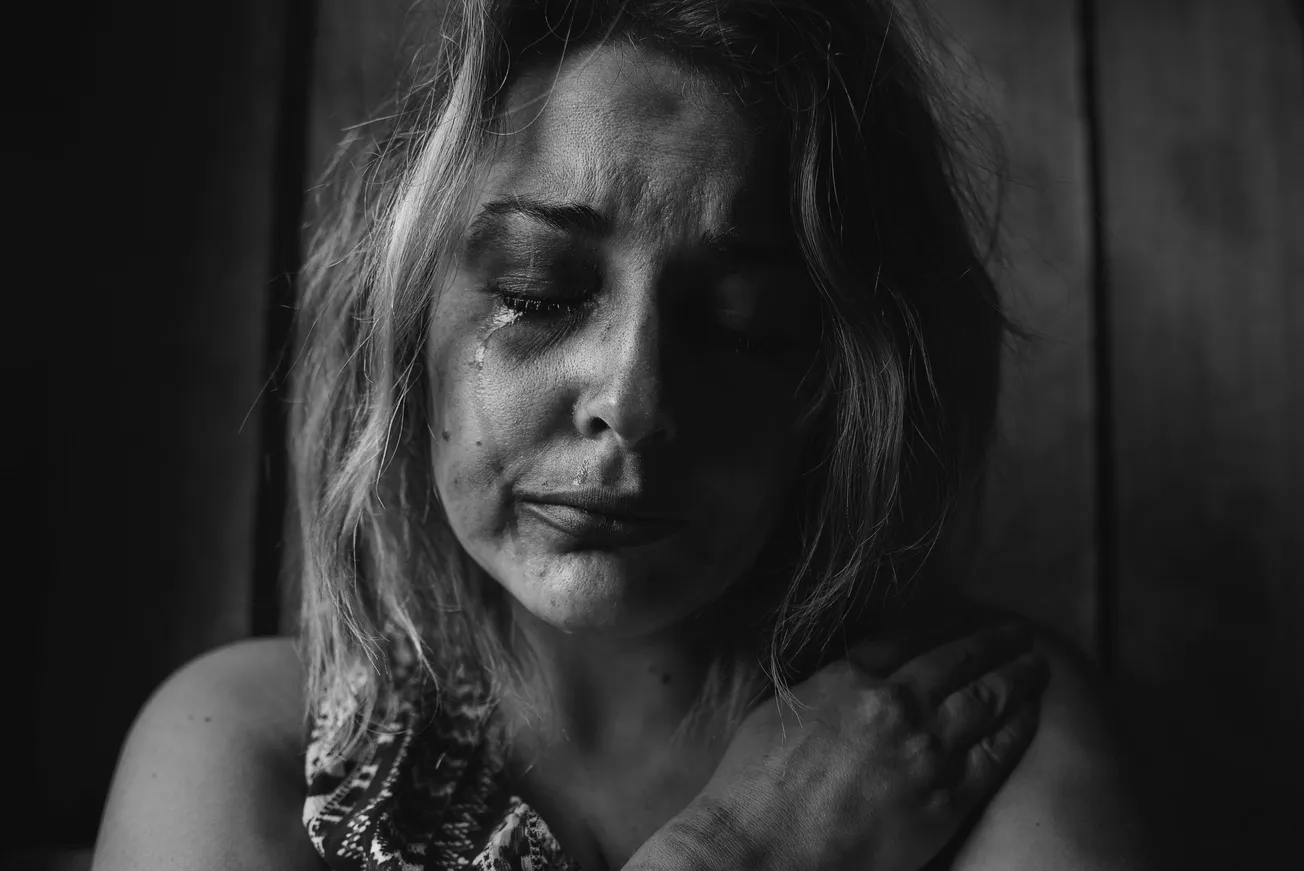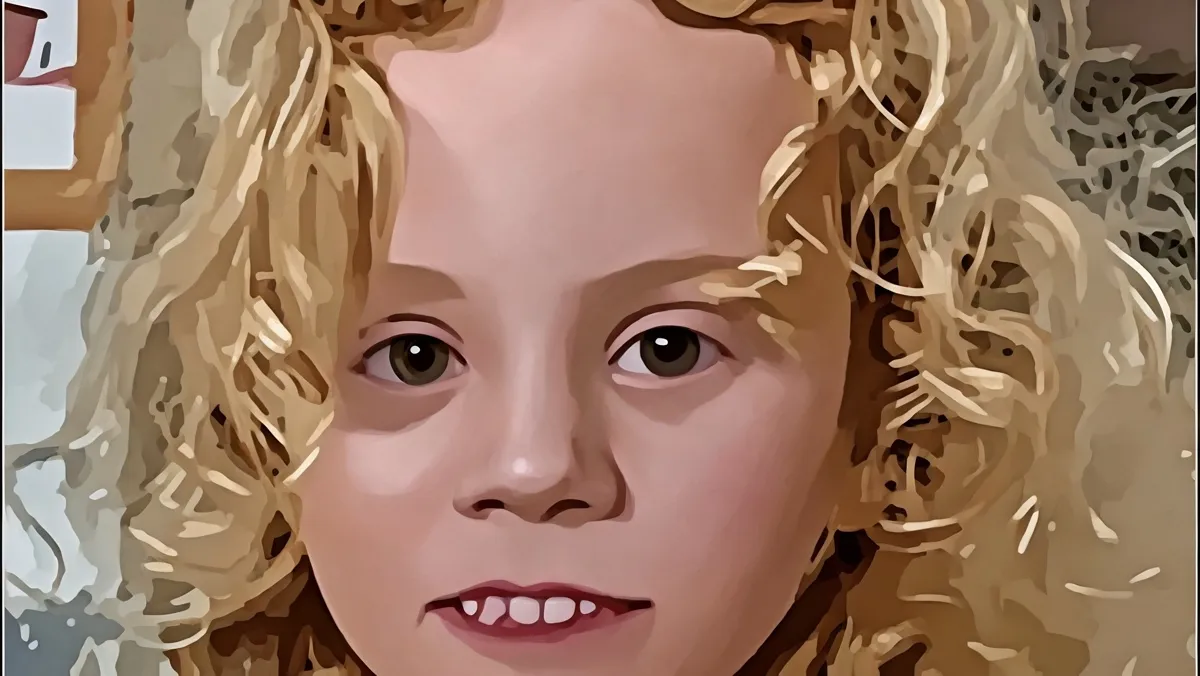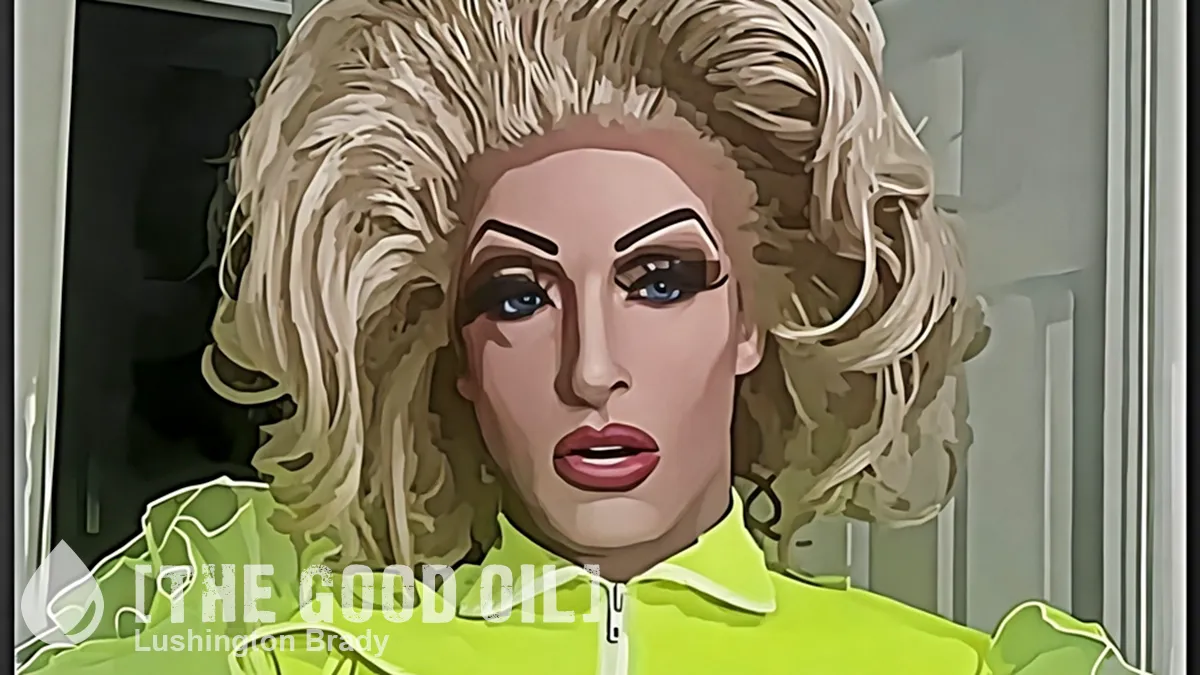Table of Contents
Lindsay Mitchell
lindsaymitchell.blogspot.com
Released last month from the Family Violence Death Review Committee.
Sixth report | Te Purongo tuaono Men who use violence Nga tane ka whakamahi i te whakarekereke
The report looks at 97 men, from between 2009 and 2017, whose family violence resulted in death (not theirs).
I hoped for some real insight and recommendations. But my anticipation was short-lived.
The report very quickly draws attention to,
” … the historical and ongoing impact of colonisation, which includes unchecked privilege, and how colonisation contributes to chronic and complex trauma for both individuals and communities. We believe these factors are central reasons why Maori and non-Maori experience violence across generations. Addressing these issues requires an honest partnership between the Crown and Maori, leading to decolonised services and measures that address structural racism.”
More specifically,
Colonisation and Aotearoa New Zealand society
Different groups in a population will always vary in their behaviour and episodes of violence. However, here we raise questions about cultural norms and how society responds to them. Indigenous researchers both in Aotearoa New Zealand and internationally see a patriarchal social structure as removing the natural supports and caring that people had for each other before this structure was imposed. Mikaere, for example, describes how Maori before colonial times understood the roles of men and women as part of the interrelationship or whakawhanaungatanga of all living things.
Both men and women were essential parts in the collective whole, both formed part of the whakapapa that linked Maori people back to the beginning of the world, and women in particular played a key role in linking the past with the present and the future.
It goes on to describe how colonisers came here with notions of men owning women and children. That may be but they didn’t practice slavery. And Chiefs must have ‘owned’ their highly born daughters because they gave them away in marriage to useful traders.
Yes there was tension between the Maori and Pakeha cultural beliefs and behaviours but some of us have moved on. For instance, women fought to be free as individuals, to be educated and independent. New Zealand has evolved and this whole backward-looking narrative about the superiority or otherwise of anthropological worldviews of 200 years ago is pointless.
But the academic authors do not think so. Thus their recommendation to stop the violence is decolonising institutions and services, which means infusing those institutions and services with Maori Tikanga and Maori worldviews (already rife in the public service). Ending institutional racism and properly honouring the treaty.
This will stop men murdering, including the 64 who are European, Asian, African, Pacific and other ethnicity.
Right.
In my humble opinion the only offenders who truly reform are those who look in the mirror, see themselves for what they are and resolve to change. If they can’t achieve this, they need to be locked up to keep innocent people safe.
But there I go with my patriarchal unchecked-privileged point of view…
If you enjoyed this BFD article please consider sharing it with your friends.









